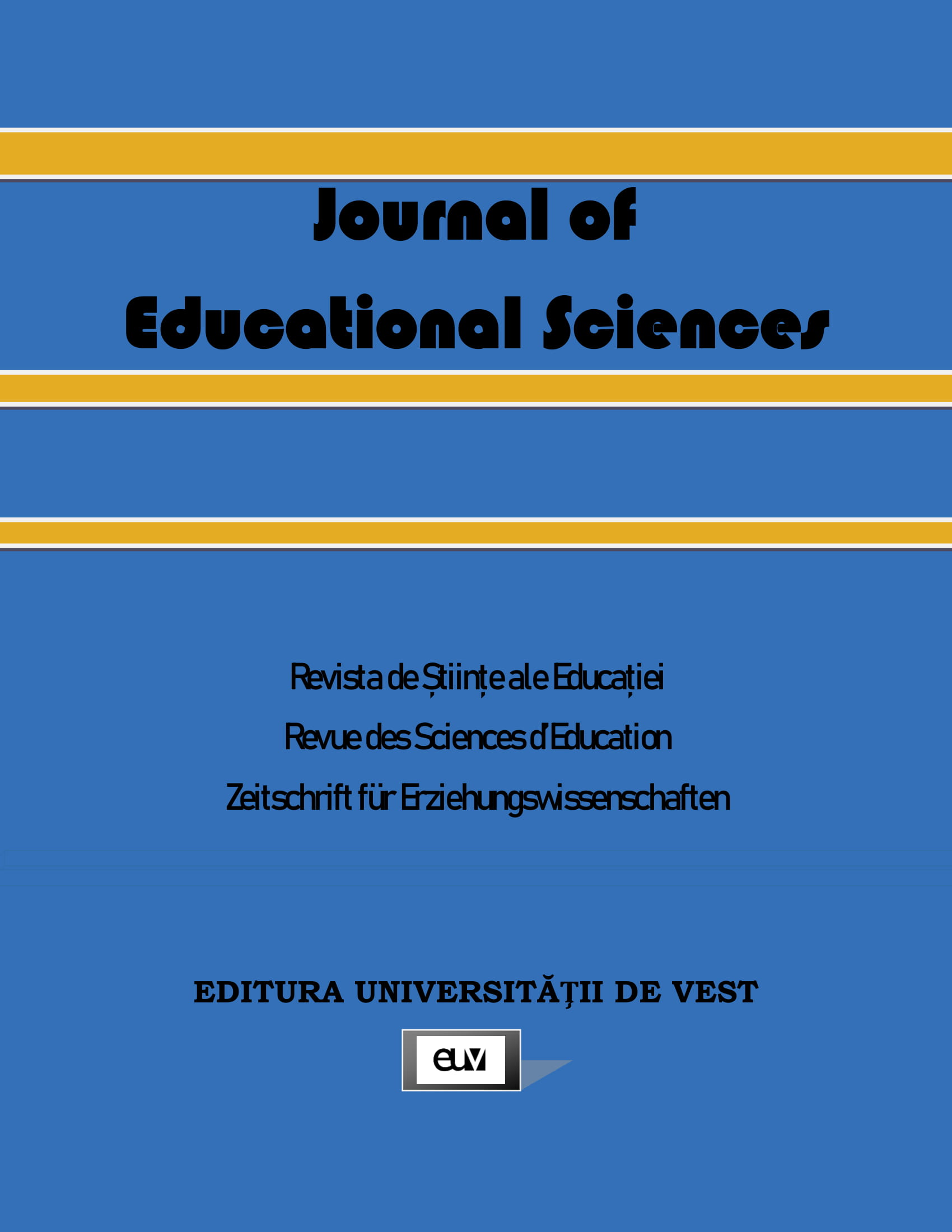Civic society and education: international teachers’ perspectives on
the roles of NGOs in supporting youth immigrants, in Hungary
Civic society and education: international teachers’ perspectives on
the roles of NGOs in supporting youth immigrants, in Hungary
Author(s): Sibiya THANDEKASubject(s): State/Government and Education
Published by: Editura Universității de Vest
Keywords: International teachers; immigrant youth; sustainable education; Hungarian political climate; civil society;
Summary/Abstract: Civil Society (herein NGOs) seem to fall short of improving the education of immigrant youth in Hungary. This failure is significantly attributed to government’s immigration policies that perpetually position immigrants at a disadvantage, in terms of equipping them with sustainable educational and socio-economic readiness skills. It appears that immigrants of African, Asian, and Middle Eastern origin, bear the brunt the most. NGOs are expected to defend justice and democracy, develop a language, and empower immigrants with a voice to express their past and present experiences, a possible effective tool in fighting discrimination, marginalisation, stigmatisation, and other forms of racisms, which is a path towards a sustainable future. This qualitative exploratory study that explores the various nuanced opinions of foreign teachers associated with the lack of sustainable educational programmes for immigrant youth, focusing on the intersection of civic society and education against the backdrop of the Hungarian political climate. With immigration posing profound challenges to Hungary's educational system, understanding the perceptions of foreign educators is paramount for extracting the complexities at play. Through qualitative analysis of interviews conducted among foreign teachers, this study uncovers multifaceted challenges impeding the development and implementation of sustainable educational initiatives. These challenges encompass insufficient resources, linguistic and cultural barriers, and institutional constraints. Moreover, the Hungarian political climate, characterised by nationalist rhetoric and restrictive policies, exacerbates these obstacles, creating a hostile environment for immigrant. The findings underscore the urgent need for policy interventions and collaborative efforts to address these challenges and foster a more inclusive and supportive educational environment. This research contributes to a deeper understanding of the systemic barriers to immigrant integration and advocates for transformative change within the educational system. The results reveal a complex interplay of factors that shape immigrant integration within the Hungarian society.
Journal: Revista de Științe ale Educației
- Issue Year: 49/2024
- Issue No: 1
- Page Range: 89-103
- Page Count: 15
- Language: English

